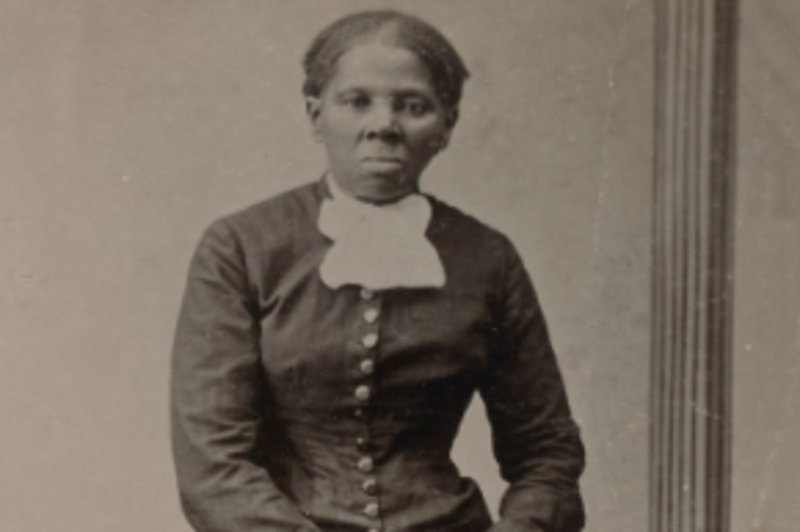Before Harriet Tubman escaped to freedom and aided thousands of other slaves via the Underground Railroad, she is believed to have spent her childhood and teenage years in her father’s Maryland cabin. After months of searching, archaeologists have discovered the location of Ben Ross’s former residence in Dorchester County, Maryland, offering more insight into the life and humble beginnings of the famed abolitionist and activist.
According to Delmarva Now, Ross’s cabin on the Maryland shore was known for its marshy ground and likely helped equip Tubman with the knowledge and tools to survive during her risky escape from slavery.
Officials believed Ross’s cabin could be amidst the recently purchased 2,600-acre land on Maryland’s Eastern Shore and set out to find it. Archaeologists announced on April 20 that they’d found the location of Tubman’s father’s home after searching since last November, according to the Baltimore Sun.
The search team knew they were close when they found a coin from 1808, the year Tubman’s parents were born. In March, they found several artifacts that date back to the 1800s, including pottery, glass and brick. The Baltimore Sun reports that though archaeologists were then able to find exactly where Ross lived, a foundation of his home couldn’t be discovered.
Related Story: Meet the Husband and Wife Who Own Their Own Dental Practice in Missouri
Tubman’s father obtained the 10-acre cabin property from his enslaver, Anthony Thompson, located on the Thompson Plantation. Several years after Thompson’s death, Ross was given the chunk of land along with his freedom, per his will.
Born into slavery in 1822, she witnessed the horrors of slavery firsthand, with her family being separated and herself facing routine beatings, starting when she was a child.
In Bucktown, Maryland, where she worked as a slave on a farm, a young Tubman refused to help an overseer restrain an escaping slave. As punishment, she was struck over the head with an iron weight, causing lifelong effects that included headaches and seizures.
The archaeologist team hopes to create a public nature trail where tourists can visit the area and get a feel for what it was like for Tubman growing up.















